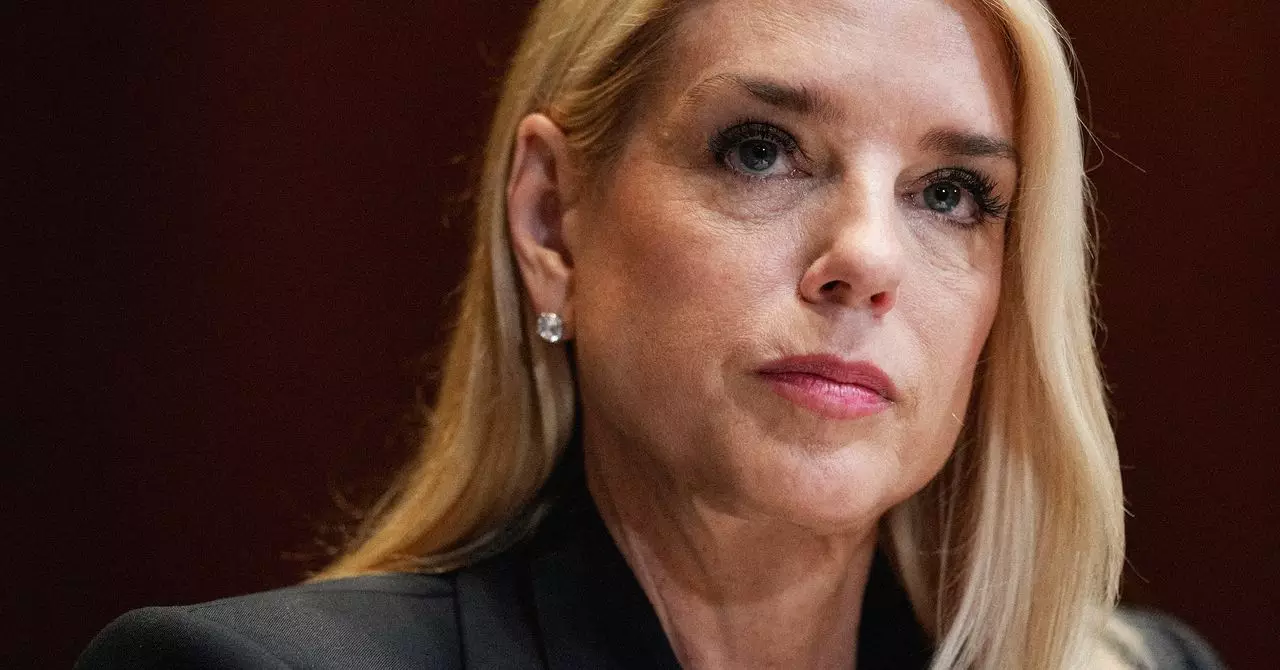The recent disclosures revealing that major American tech companies such as Apple, Microsoft, Google, and Amazon have been explicitly told they face no liability for supporting TikTok, despite a federal ban, expose a complex web of legal ambiguity and behind-the-scenes negotiations. This situation raises critical questions about the limits of executive authority, corporate responsibility, and the influence wielded by powerful government actors in shaping digital ecosystems. The fact that these companies received “irrevocable” assurances from the Department of Justice indicates a level of government intervention that borders on political favoritism, or at least strategic ambiguity, to protect corporate interests at the potential expense of national security objectives.
This scenario underscores a broader pattern: technological giants, inherently intertwined with geopolitical tensions, leverage their influence to navigate shifting policies. While the federal government positions TikTok as a security threat due to its Chinese origins, the industry appears to be pulling strings behind the curtain, carefully avoiding legal entanglements that could jeopardize billions in revenue. It’s a game of legal limbo, where corporate entities are granted legal safe havens through executive placations. The government’s reluctance or inability to enforce the law explicitly against these companies suggests a subtle power play where economic interests may hold more sway than stringent adherence to security statutes.
The Illusion of Enforcement and Corporate Immunity
The narrative is further complicated by the seeming contradiction between law and practice. The law—passed by Congress—aims to ban TikTok in the United States, framing it as a national security risk. Yet, in practice, TikTok’s presence remains largely unchallenged due to the diplomatic and legal negotiations that evidently take precedence. When tech giants received letters claiming they would not face prosecution, it served as a tacit green light—an implicit endorsement that compliance or non-compliance might be secondary to the broader strategic considerations.
What’s most revealing, however, is how these companies’ responses resonate with the government’s stance. The language of “relinquishing claims” is a diplomatic euphemism that signals a level of impunity. Essentially, the government appears to have outsourced enforcement, turning a blind eye to violations or delays. This aligns with a broader trend where lobbying and corporate influence often shape policy outcomes, especially on issues intersecting national security and economic interests. Such arrangements prioritize maintaining business continuity and investor confidence over rigorous legal enforcement, revealing a troubling shift in the nation’s approach to regulation.
The Broader Consequences for Democracy and Security
This covert collaboration between government authorities and tech conglomerates poses profound implications for U.S. democracy and security. When corporate interests are shielded from the repercussions of laws aimed at safeguarding the nation, a dangerous precedent emerges. The integrity of regulatory frameworks becomes compromised, undermining public trust and enabling powerful companies to operate in a legal gray zone. Moreover, it emboldens corporations to influence policy decisions, blurring the boundary between corporate interests and national security priorities.
Additionally, the legal justifications for delaying enforcement—particularly the claims of ongoing negotiations—highlight the weaknesses in how laws are implemented in practice. It exposes an opportunistic use of legal loopholes, where superficial adherence masks underlying motives of protecting revenue streams and market dominance. This scenario underscores the importance of vigilant oversight and suggests that regulatory agencies must confront the reality that enforcement cannot depend solely on bureaucratic declarations but must be rooted in tangible accountability measures.
Turning Power into Privilege
The overarching narrative suggests that the traditional hierarchy of power—where laws enforce accountability—has been subtly replaced by a corporate-government symbiosis that privileges financial and geopolitical interests over legal and democratic principles. The tech giants’ ability to continue supporting TikTok without facing consequences illustrates a shift where legal mandates are rendered moot through strategic communications and political backing.
Given the strategic leverage these companies hold, it raises urgent questions about accountability and the future of regulation. Where does this leave the average American worker, user, or taxpayer? As corporate influence grows, and government agencies appear to capitulate or conditionalize enforcement, the fundamental pillars of democratic governance are at risk. This scenario signals a need for a deeper reflection on how national security measures are enforced—not as tools of political convenience but as genuine safeguards for the public interest. Ultimately, the episode exemplifies how influence—when unchecked—can erode the rule of law, turning it into an instrument for privilege rather than justice.

